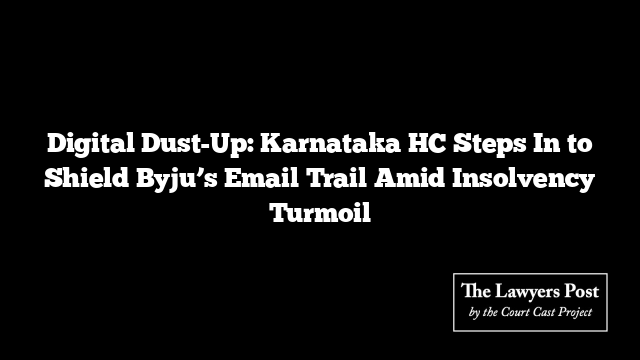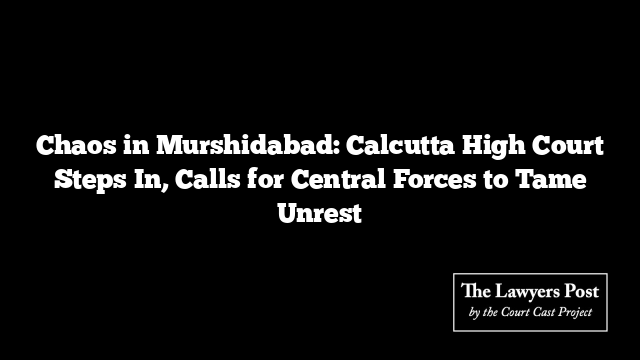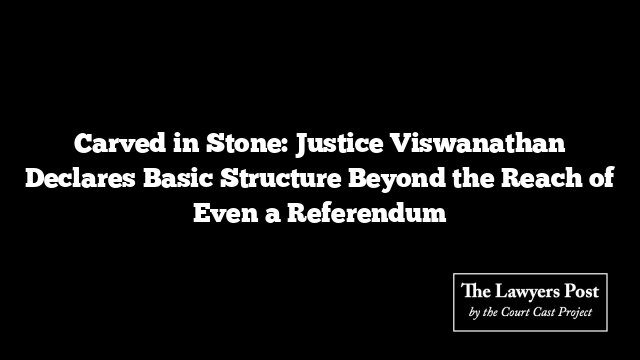The Karnataka High Court has stepped into the storm swirling around Byju’s ongoing insolvency drama, issuing a crucial directive to preserve thousands of emails tied to the edtech firm’s corporate insolvency resolution process (CIRP). The move comes as founder Byju Raveendran sounds the alarm over an alleged digital cover-up.
The interim order, passed by Justice M Nagaprasanna, was in response to Raveendran’s plea seeking protection of sensitive communication stored in the company’s official CIRP email account — [email protected]. According to him, these digital footprints hold key evidence connected to both an insolvency proceeding under the Insolvency and Bankruptcy Code and a simmering criminal probe.
Raveendran claimed that during an April 8 Committee of Creditors (CoC) meeting, a decision was made to delete over 2,000 emails—an act he says could fatally damage the investigation. His fears stem from having no access to these records, even as accusations of a “criminal conspiracy” swirl against several players including Ernst & Young, Glas Trust, and the previously appointed Interim Resolution Professional, Pankaj Srivastava.
This isn’t the first twist in the tale. Byju’s was first dragged into insolvency proceedings last July after the Board of Control for Cricket in India (BCCI) pushed the company into CIRP over unpaid dues of ₹158 crore. While a temporary resolution was reached—with Raveendran’s brother stepping in to fund the repayment—it was later tossed out by the Supreme Court, which demanded a fresh review.
Adding to the friction, Raveendran filed an FIR in Bengaluru alleging that financial stakeholders conspired against him, with some emails already lost in a process euphemistically dubbed “re-foldering.” His latest petition asked the High Court not just to stop further deletions, but also to order police to seize and recover the deleted messages, while halting the appointment of any third-party IT experts to the case.
While many of Raveendran’s prayers relate to actions governed by the NCLT or the NCLAT, the High Court agreed that preserving email evidence was an urgent necessity. The State, meanwhile, revealed that the criminal investigation tied to Raveendran’s FIR has been put on hold by another bench since March.
In the end, Justice Nagaprasanna granted only one of Raveendran’s multiple requests — the preservation of all communications linked to the CIRP account. Everything else, including probing the deleted emails or assessing police action, will have to wait.
The courtroom battle resumes on April 21, but the digital records that could shape its outcome are, for now, under lock and key.





